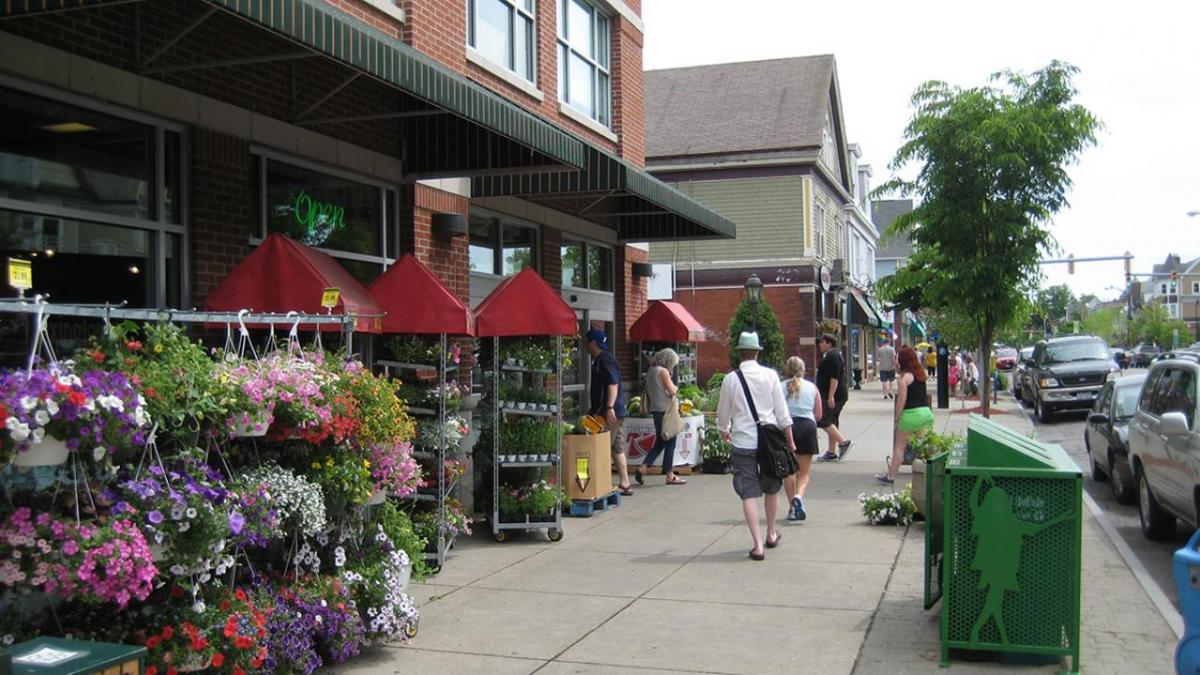To the average consumer, a cooperative business looks very similar to any other type of corporation. When you were to visit a cooperative grocery store in Nebraska, you see aisles full of food and checkout registers where you can make your purchase — no different from any local grocery store.
Look more closely and you will likely notice that the store is not run like a typical grocery store. The store is user-owned — those purchasing groceries have the opportunity “own” the store. Cooperatives are financed by members becoming shareholders or paying fees to join the venture. In some cooperatives, members reinvest their earnings (profits) to capitalize the business.
The store is user-controlled — the shoppers, because they are members, set its direction. Users vote, democratically, one voter per member, to set major policies and to elect a board of directors composed of the cooperative’s users. Users draw up bylaws to describe how the cooperative functions.
In addition, the store provides a user-benefit - the shoppers involved in the cooperative usually comprise the group that will benefit the most from have the business in place. Users benefit not only from having a place to buy groceries, but also through distribution of benefits is based on members’ use of the cooperative, not on the amount of capital they have invested.
Historically, cooperatives have operated within these seven guiding principles:
1. Voluntary and Open Membership — Democratic member control: co-ops are controlled by their members. Members have control over setting policies for the co-op and making decisions for the cooperative.
2. Democratic Member Control — Cooperatives are democratic organizations controlled by their members, who actively participate in setting their policies and making decisions. Members serving as elected representatives are accountable to the membership.
3. Member Economic Participation - Members contribute capital equitably and democratically to the cooperative. Members allocate surpluses for any of the following purposes: developing their cooperative, setting up reserves, part of which at least would be indivisible; benefiting members in proportion to their transactions with the cooperative; and supporting activities approved by the membership.
4. Autonomy and Independence - Cooperatives are autonomous organizations controlled by their members. When entering into agreements with other organizations, including governments, or raise capital from external sources, they do so on terms that ensure democratic control by their members and maintain their autonomy.
5. Education, Training, and Information - A cooperative provides education and training to members and board members to allow them to contribute to the development of the co-op. Cooperatives also seek to inform and educate the public about the mission and operation of a cooperative.
6. Cooperation among Cooperatives - Cooperatives work together, creating regional, national, and international structures that help to improve the community and create a better world.
7. Concern for Community - Cooperatives work for the sustainable development of their communities through policies approved by their members.
The successful cooperative allows its members to realize their economic, cultural, and social needs; as well as those of their community.
If you are interested in exploring cooperative options for your business, please contact Cindy Houlden with the Nebraska Cooperative Development Center at choulden2@unl.edu.
Dedicated to assisting people prosper in rural Nebraska through all stages of cooperative business development, the Nebraska Cooperative Development Center (NCDC) is located in the Department of Agricultural Economics at the University of Nebraska–Lincoln. NCDC programs abide with the nondiscrimination policies of the University of Nebraska–Lincoln and the United States Department of Agriculture. NCDC is funded in part by the USDA RCDG Grant Program. Find out more at https://ncdc.unl.edu.


